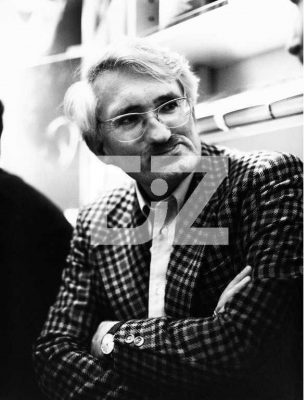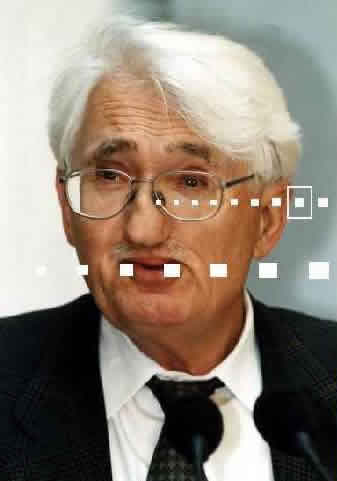
If there is any small remnant of utopia that I’ve preserved, then it is surely the idea that democracy – and its public struggle for its best form – is capable of hacking through the Gordian knots of otherwise insoluble problems. I’m not saying we’re going to succeed in this; we don’t even know whether success is possible. But because we don’t know we still have to try. (The Past as Future 97)
When we contemplate the abivalence of the German-Jewish intellectual history, we can perceive the unique opportunity which a crass irony of history had given to the last generation of Jewish intellectuals, once the Nazis and their intellectual retinue had succeeded in poisoning or obscuring even our best traditions. We...were able to acquire a distinctive perspective from our teachers who now retuned from emigration. Helmut Plessner once defined this perspective in the words, without estrangement, no understanding. What it amounts to is that those who had long been part of German culture, without ever really belonging to it, taught us how to identify with our own, German traditions, and yet while standing within them, to keep a certain distance from them, which enabled us to continue them in a self-critical spirit, with the scepticism and clear-sightedness of the person who has already once been fooled. 'Ideologies and Society in the Post War World' (1977) Autonomy and Solidarity p.46


I normally publish under my full name, James Gordon Finlayson, but am called by my second name, Gordon, which can cause confusion. If you find an article on Habermas by Gordon Finlayson, it's probably by me.
Below are shortened or early versions of some of my published work - articles and chapters -
on Habermas's philosophy. You can find the references to the final and full published versions on my homepage.
I have made these available, because I have found that, publishing in philosophy journals
is a bit like putting messages in a bottle. I almost never get any responses to them.
If you want to offer constructive criticism of, or have questions about my work, mail these to
gordon@sokol.eclipse.co.uk I will do my best to respond.
Message for Prospective Students
If you are a student and interested in the Frankfurt School, Adorno, Habermas, and critical theory, you should consider
applying to the Sussex University. Its an intellectually stimulating place. Brighton is a wonderful city in which to live and work.
Apart from me, William Outhwaite (Sociology), Darrow Schechter (History), Daniel Steuer (German), Andrew Chitty (Philosophy) and
various others all work on these areas from within different disciplines. If you have some training in philosophy, apply to do
the M.A. or D. Phil. in philosophy. There is a lot of interesting work going on in the department. Check out the Philosophy
Department Homepage or email the admissions tutor A.E.Chitty@sussex.ac.uk . If you are by training more interested in
intellectual history sociology or cultural studies consider the Social and Political Thought Programme.